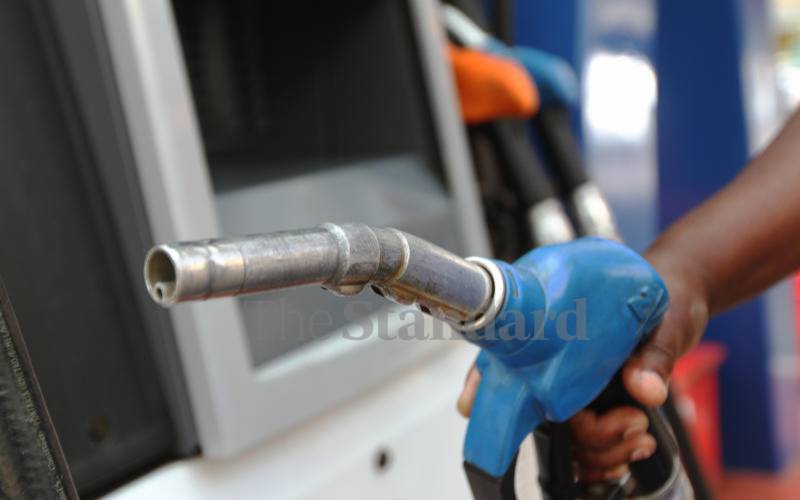×
The Standard e-Paper
Kenya’s Boldest Voice

Fuel prices are expected to rise to a historic high even with the application of the subsidy that the government has been using to cushion Kenyans over the last one year.
The Energy and Petroleum Regulatory Authority (Epra) will tomorrow, April 14, announce the maximum prices applicable for the April-May cycle, with the prices projected to go up following last month’s rally in cost of crude oil.